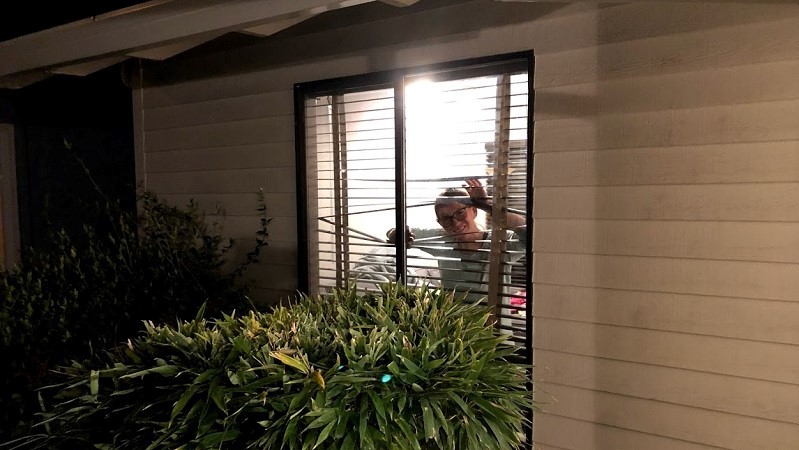This novel coronavirus has completely changed our rules of acceptable interaction. However, even before the outbreak, there were certain procedures in place for how to handle illness and bodily fluids in public. For example, there are rules about when children can attend school. If you have to wipe your nose more than five times in five minutes, or your snot from said nose is an alarming color, you are to stay home from school. Then there are the other ailments, which I won’t mention here because even seeing the words cause me to break out in itchy paranoia. Of course these precautions are mostly for the benefit of the teachers and other students. In general, public health and safety is at the center of so many policies regarding our places of work and education, and even more so now. These concerns also happen to be front and center in the Torah too.

Our combined Torah portion this week, Parshiyot Tazria and Metzora, remind us of the healing properties of water as well. The text of these parshiyot tells us of the laws for the purification of both our homes and our bodies after disease or death has occurred, and the laws remind us that our bodies and our places of residence need to be treated with respect. We also have an obligation to help each other maintain healthy living and to support one another when we find impurities.
In all of this text, the Torah is focused on both what is best for the community at large, and what is best for the person with the ailment. Two full sections of text focus on cleaning and healing, separating and rejoining, and caring for and letting go of various ailments and bodily issues. The Torah even has a prescription for how we’re supposed to disinfect after an illness. Sound familiar?
So why are there such detailed procedures laid out? Because everyone gets sick at one point or another. Everyone goes through some type of ailment. There’s a reason the common cold is called “common.” This universality means we need to learn how to care for ourselves and each other. It is a Torah mandate to stay away if you’re contagious and also a Torah mandate to care for others when they are sick.
As a working parent (in a two-working-parent household), I admit I try to push the limits a little when my own kids are sick, simply because the change in routine by having them home is difficult. However, I understand that the rules are there to keep us all safe and healthy. These two portions, Tazria and Metzora, are about our ability to help others heal and protect others from illness. And above all, it’s because you would want others to do the same for you.
– Rabbi Eve Posen
Source: The Torah Says Stay Home – Parshat Tazria Metzora 5780



